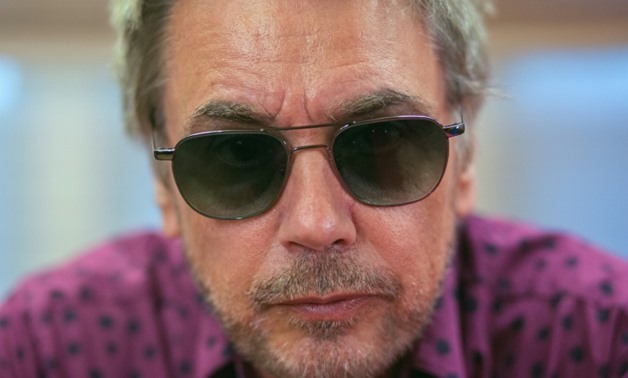
Jean-Michel Jarre lost his bid in a French court to overturn the will of his Oscar-winning father Maurice.
Electronic music pioneer Jean-Michel Jarre, who has mounted a legal challenge after being disinherited by his Hollywood composer father, said Friday he will take his case to the European Court of Human Rights.
The decision to go to the ECHR comes after Jean-Michel lost his bid in a French court to overturn the will of Oscar-winning Maurice, who wrote the scores for "Doctor Zhivago" and "Lawrence of Arabia".
"My sister Stefanie and I are taking our case to the European Court of Human Rights, over the failure to respect our familial rights and for excessive infringement of our legal security," the French artist wrote in Friday's edition of Le Parisien newspaper.
Another giant of French music, Johnny Hallyday, also disinherited his children and they have became embroiled in a highly public battle with his widow Laeticia.
In France children's rights to their parents' estate is protected. But Hallyday and his wife had been based in the US for years before his death and he had re-written his will under Californian law.
Jarre's case is similar.
In September 2017, France's Supreme Court ruled in line with the wishes of Maurice, who had bequeathed all his property to his last wife through a "family trust", a valid legal structure under Californian law.
Jean-Michel, 69, said that "the right to inherit is not only about money, it has ramifications in more important areas such as the protection of family ties, and for creatives, the spiritual rights of artists".
"Forbidding access to a photo or to a personal possession of one's father or mother. That is what is shocking," Jean-Michel said.
He also added that he continued to receive "dozens" of requests to use his father's works, which he was unable to answer.
Over his four-decade career Jean-Michel has performed some of history's largest concerts. He performed in front of 2.5 million people during a concert in Paris in 1990 and a show in Moscow in 1997 drew a crowd of 3.5 million.
He was the first Western musician to perform in China after the Cultural Revolution and played a massive city-wide light and music show in Houston in 1986 to celebrate the NASA space program.
Maurice died in 2009 in Los Angeles after suffering from cancer. He won his first Oscar in 1963 for "Lawrence of Arabia", and three years later was awarded a second statuette for "Doctor Zhivago".

Comments
Leave a Comment